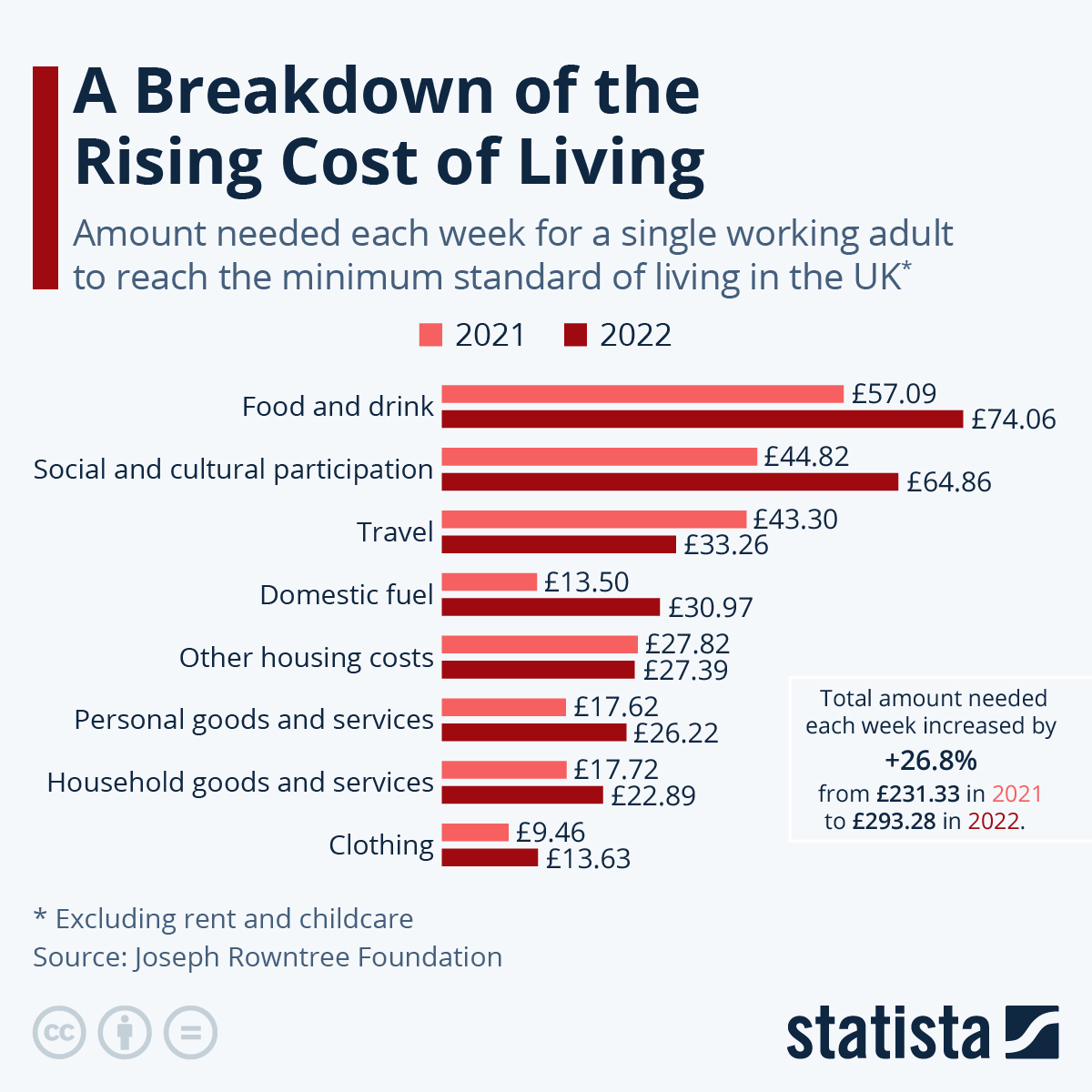The Rising Cost Of Pet Care In The UK: A Look At Corporate Veterinary Practices

Table of Contents
The Increasing Costs of Veterinary Treatments and Procedures in the UK
The cost of veterinary care in the UK has experienced a dramatic increase in recent years, impacting routine care and emergency situations alike. Inflationary pressures are impacting everything from routine check-ups and vaccinations to emergency surgeries and specialized treatments. This isn't simply about a small price increase; we're talking about a substantial shift that's making pet ownership increasingly expensive for many.
For example, the average cost of neutering a cat in 2018 might have been around £80-£120. Today, in 2023, that same procedure can easily cost between £150-£250 or even more, depending on the location and the veterinary practice. This significant jump is mirrored across various veterinary services.
Consider the cost of treating common yet serious illnesses:
- Cancer: Cancer treatment in pets, involving chemotherapy, radiation, and surgery, can quickly reach thousands of pounds.
- Diabetes: Managing diabetes in pets requires regular blood glucose monitoring, insulin injections, and specialized diets, resulting in substantial ongoing expenses.
The escalating costs are also driven by:
- Higher medication costs: The price of pet medications, including prescription drugs and preventative treatments, has risen considerably.
- Advanced diagnostic imaging (ultrasound, MRI) expenses: Access to advanced diagnostic technologies is crucial for accurate diagnoses, but these tests come with a high price tag.
- Increased specialist consultation fees: Consultations with veterinary specialists, such as oncologists or cardiologists, are significantly more expensive than general practitioner visits.
- Rising costs of surgery and hospitalization: Surgical procedures and hospital stays for pets are becoming increasingly costly due to higher facility fees and staffing costs.
The Role of Corporate Veterinary Practices in Shaping Pet Care Costs
The UK veterinary landscape has seen a considerable expansion of large corporate veterinary groups, leading to increased market consolidation. While economies of scale can offer potential benefits like negotiating lower prices on supplies, these advantages don't always translate to lower prices for pet owners.
Concerns arise about the potential prioritization of profit over pet welfare in some corporate veterinary practices. The increased overhead costs associated with running large corporate structures might be passed onto the consumer in the form of higher fees.
Potential drawbacks include:
- Increased overhead costs for corporate structures: The administrative and management costs of large corporations can significantly impact pricing.
- Potential for standardized, less personalized care: The focus on efficiency in larger practices might lead to less personalized attention for individual pets.
- Variations in pricing strategies across different corporate chains: Pricing structures and transparency vary widely between different corporate veterinary groups.
- Limited transparency in pricing structures: It can be difficult for pet owners to understand the breakdown of costs and compare prices across different practices.
Alternative Options for Affordable Pet Care in the UK
Fortunately, pet owners in the UK have several options for managing the escalating costs of pet care. One crucial strategy is pet insurance. While it requires a monthly premium, pet insurance can significantly reduce the financial burden of unexpected veterinary bills. However, it's essential to carefully compare policies and providers to ensure you get the best coverage for your pet's needs.
Another option is to seek care from independent, smaller veterinary practices. These practices often offer more personalized care and potentially lower prices compared to large corporate chains.
Preventative care plays a vital role in reducing long-term veterinary expenses. Regular check-ups, vaccinations, and parasite prevention can help identify and address health problems early on, avoiding costly treatments later.
The rise of online pet pharmacies and telehealth services also offers cost-effective alternatives for certain pet healthcare needs. Online pharmacies often offer lower prices on medication, while telehealth services can provide convenient and affordable access to veterinary advice for minor issues.
Consider these proactive measures:
- Comparing pet insurance policies and providers: Thoroughly research and compare different pet insurance plans to find the best value for your money.
- Finding local independent vets: Explore local independent veterinary practices to find a personalized and potentially more affordable option.
- Adopting preventative measures like regular check-ups and vaccinations: Preventative care can significantly reduce the likelihood of expensive treatments in the future.
- Utilizing online resources for pet care advice and medication: Utilize online resources to compare prices on medications and find valuable advice.
Conclusion: Navigating the Rising Cost of Pet Care in the UK
The rising cost of pet care in the UK is a significant concern for pet owners, driven by factors such as inflation and the growing influence of corporate veterinary practices. Understanding the various contributing factors, including pricing strategies of different practices and the impact of corporate consolidation, is crucial for responsible pet ownership. Exploring options like pet insurance, choosing independent vets, and prioritizing preventative care are essential for navigating the increasing expenses associated with pet healthcare.
To ensure your pet receives the best possible care while managing the rising cost, research and compare different veterinary practices and insurance options to find the most cost-effective and appropriate solutions for your pet's needs. Take control of your pet's healthcare by actively seeking affordable pet care and cost-effective veterinary services. Don't let the rising cost of pet care deter you from providing your beloved companion with the best possible healthcare – explore your options and manage the rising cost of pet care wisely.

Featured Posts
-
 5 Key Things To Know For Thursday March 27 2025
May 31, 2025
5 Key Things To Know For Thursday March 27 2025
May 31, 2025 -
 Umzug Ins Gruene Deutsche Gemeinde Wirbt Mit Kostenlosen Wohnungen
May 31, 2025
Umzug Ins Gruene Deutsche Gemeinde Wirbt Mit Kostenlosen Wohnungen
May 31, 2025 -
 Ais Learning Deficit A Path Towards Ethical Ai Development And Deployment
May 31, 2025
Ais Learning Deficit A Path Towards Ethical Ai Development And Deployment
May 31, 2025 -
 Manitoba Wildfires Crews Fight Deadly Spreading Blazes
May 31, 2025
Manitoba Wildfires Crews Fight Deadly Spreading Blazes
May 31, 2025 -
 Texas Panhandle Wildfire A Year Of Recovery And Resilience
May 31, 2025
Texas Panhandle Wildfire A Year Of Recovery And Resilience
May 31, 2025
